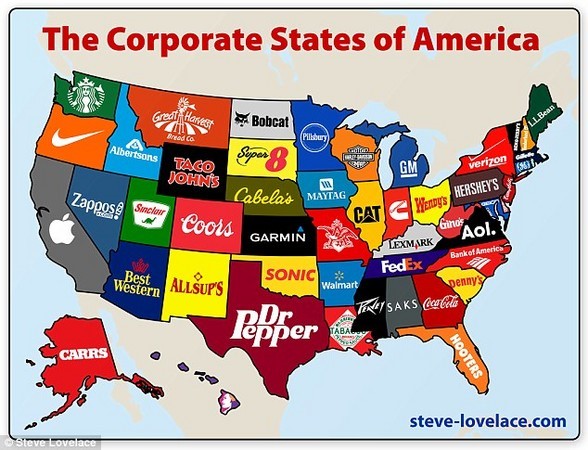編輯器
Politico: 美國企業因中國入侵風險而關注台灣的出口

摘要:

作者/Author(s): Phelim Kine
原文來源 /Source: Politico
日期 /Date: 08/04/2022
主題 /Key Topics : Economic
摘要:
佩洛西突然訪問台灣的行程受到了中國的強烈抗議。佩洛西離開台灣後,中國通過實彈軍事演習和在台北上空發射飛彈來模擬封鎖台灣,顯示其不安的心情。雖然北京的行動被認為是在發脾氣,但在台灣的外國投資者擔心中國的軍事入侵迫在眉睫,可能導致在台灣的資產損失或被凍結。因此,這些公司會諮詢企業安全專家,制定應急計劃,以在台海發生戰爭時保護工人和資產。
- 有幾家財富名列前 500 強的公司在俄烏戰爭中損失了數十億資產,而其正試圖阻止台灣發生類似事件。
- 雖然中國對台灣的入侵尚未成為現實,但兩岸日益緊張的局勢令外國投資者感到不安。
- 這些公司希望制定計劃,確定其員工、基礎設施和資產離開台灣的入侵指標和撤離措施。
- 儘管台灣海峽的緊張局勢加劇,但台灣政府並未獲悉外國公司的任何擔憂。駐美國台北經濟文化代表處(Taipei Economic and Cultural Representative Office in the United States) (https://www.taiwanembassy.org/us_en/index.html) 主張在台灣開展業務的安全性和穩定性。
- 在台灣的美國公司開始慢慢遷移到韓國、日本或菲律賓等低風險鄰國,而不是等待即將到來的襲擊或封鎖。
- 中國對台灣日益加強的軍事侵略不僅是為了模擬入侵,也是為了勸阻外國在台灣的投資。
- 美國有法令加強台灣的軍事防禦,但沒有任何法令可以保護台灣經濟免受中國對外國投資者的恐嚇。
- 台灣和美國可以制定一個雙邊貿易協定,以緩解經濟中斷問題,同時說服美國的親密盟友也這樣做。
Nancy Pelosi's surprise visit to Taiwan was met with fierce Chinese outcry. After Pelosi departed Taiwan, China showed its dismay by conducting live-fire military drills and launching missiles over Taipei as a simulation of blockading Taiwan. While Beijing’s actions are seen as throwing a tantrum, foreign investors in Taiwan fear an imminent Chinese military invasion that may cause the loss or freezing of assets in Taiwan. Consequently, these companies consult corporate security experts to formulate contingency plans to protect workers and assets in case of war in the Taiwan Strait.
- Several Fortune 500 companies lost billions of assets in the Russo-Ukraine war and sought to prevent a similar incident in Taiwan.
- While China’s invasion of Taiwan has not materialized yet, foreign investors are bothered by the increasing cross-strait tensions.
- These companies hope to formulate plans to identify invasion indicators and evacuation measures for their staff, infrastructure, and assets out of Taiwan.
- Despite heightened tension at the Taiwan Strait, the Taiwan government was uninformed of any concerns from foreign companies. Taipei representative office in the US asserts the safety and stability of doing business in Taiwan.
- US companies in Taiwan are starting to relocate slowly to low-risk neighboring countries such as South Korea, Japan, or the Philippines, rather than waiting for an impending attack or blockade.
- China’s increasing military aggressiveness on Taiwan was not purely a simulation of invasion but also to dissuade foreign investments in Taiwan.
- The US has decrees to strengthen Taiwan’s military defense, but there are none to protect Taiwan’s economy from Chinese intimidation of foreign investors.
- Taiwan and the US can formulate a bilateral trade agreement to alleviate issues of economic disruption and persuade close US allies to do the same.
